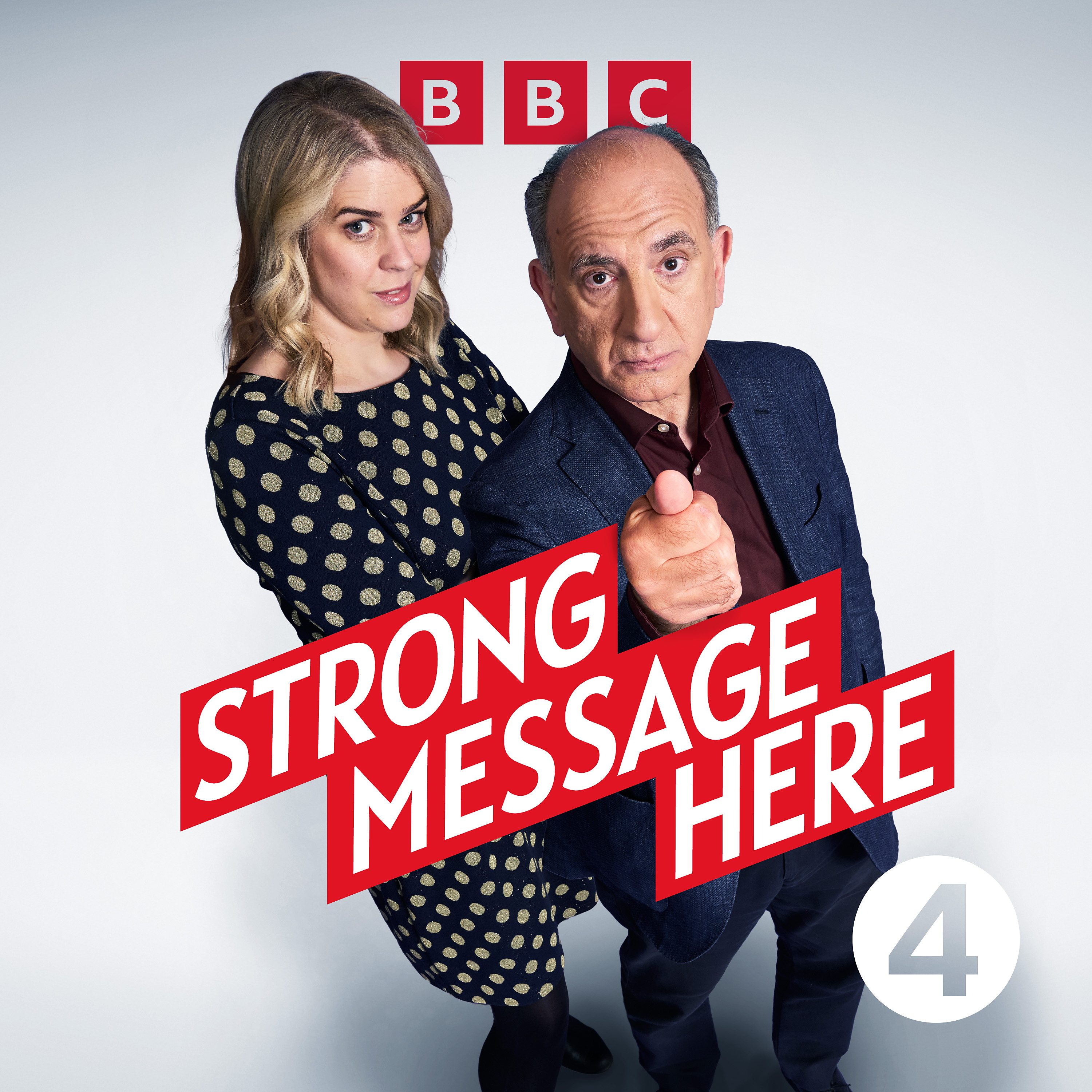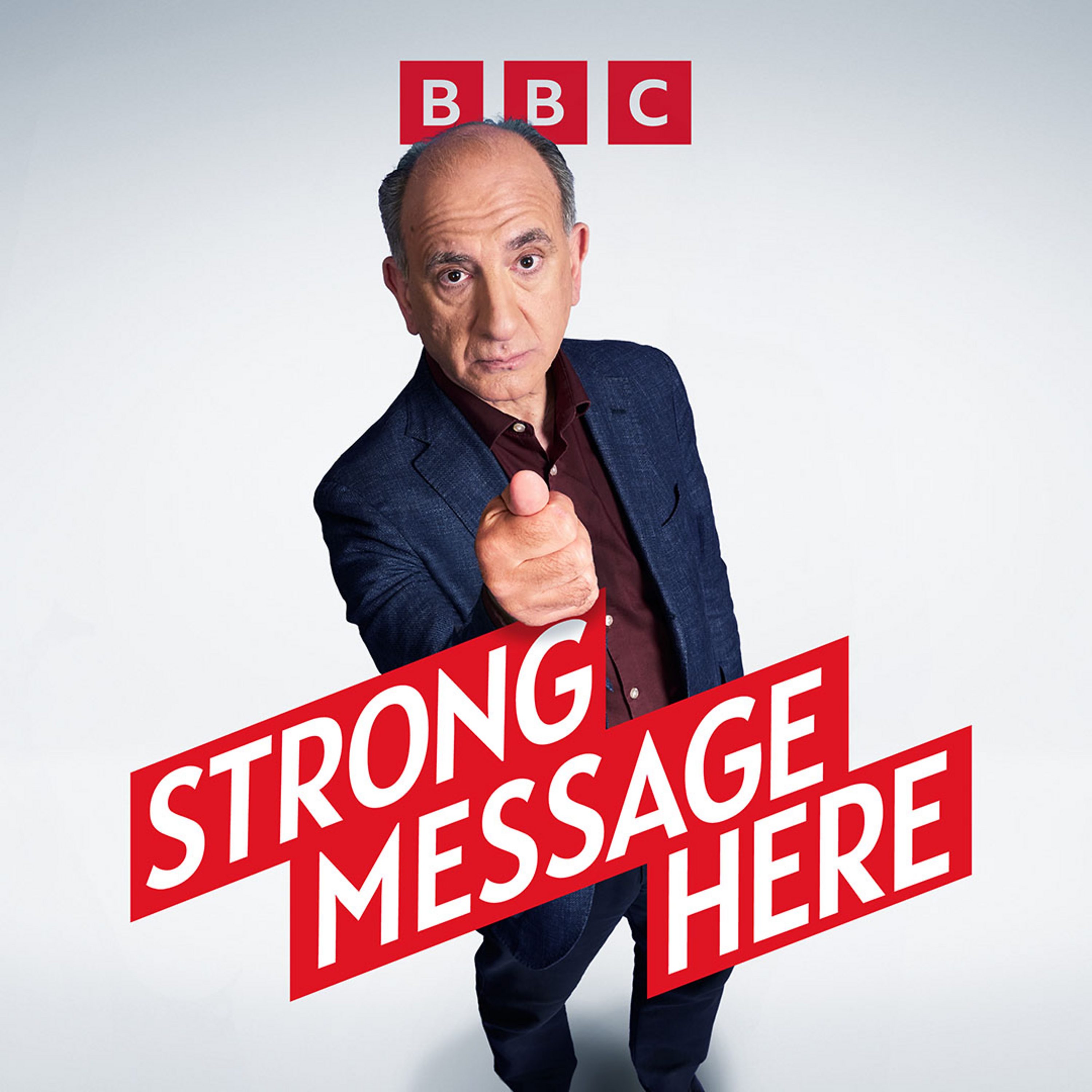A Lawyer, Not a Leader
Comedy writer Armando Iannucci and journalist Helen Lewis decode the utterly baffling world of political language.
This week, after a well-earned week off, Helen and Armando are back to break down how political attacks work. After Kemi Badenoch landed a blow on Keir Starmer calling him 'a lawyer, not a leader', we look at what makes a political attack potent, and crucially, what makes them flop.
Listen to Strong Message Here every Thursday at 9.45am on Radio 4 and then head straight to BBC Sounds for an extended episode.
Have you stumbled upon any perplexing political phrases you need Helen and Armando to decode? Email them to us at strongmessagehere@bbc.co.uk
Sound Editing by Charlie Brandon-King
Production Coordinator - Katie Baum
Executive Producer - Pete Strauss
Produced by Gwyn Rhys Davies. A BBC Studios Audio production for Radio 4.
An EcoAudio Certified Production.
Press play and read along
Transcript
Transcript is processing—check back soon.

